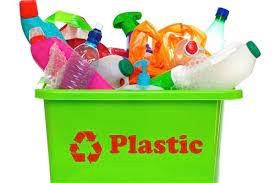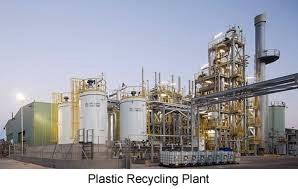 In 2021, the proportion of plastic material subject to recycling increased in response to consumer and government demands to avoid environmental contamination. This trend has influenced chemical engineers to develop new plastics. Formulations are undergoing change to allow for spontaneous and contrived post-use de-polymerization.
In 2021, the proportion of plastic material subject to recycling increased in response to consumer and government demands to avoid environmental contamination. This trend has influenced chemical engineers to develop new plastics. Formulations are undergoing change to allow for spontaneous and contrived post-use de-polymerization.
According to Leigh Boerner in a December article in Chemical and Engineering News “circular thinking” is leading to the development of polymers that can be degraded into monomers and then recovered for subsequent recycling. Some new materials including polyacetal formulations are degradable by acid catalysts to monomers at relatively low temperature. A second approach involves using a ruthenium catalyst to de-ploymerize plastics comprising cyclooctene monomers fused with a cyclobutane. De-polymerization occurs at 50 C compared to stability of up to 370 C without the catalyst.
 It is possible that in coming years, plastics can be formulated with inherent recycling capability. Enzymes could be encapsulated and incorporated into the plastic in the form of nanoparticles. When used plastics are exposed to a combination of humidity and heat or ultraviolet light, enzymes are released and can degrade almost all the polymer within days to lactic acid.
It is possible that in coming years, plastics can be formulated with inherent recycling capability. Enzymes could be encapsulated and incorporated into the plastic in the form of nanoparticles. When used plastics are exposed to a combination of humidity and heat or ultraviolet light, enzymes are released and can degrade almost all the polymer within days to lactic acid.
Plastics are an integral part of modern life but are responsible for profound problems of disposal. By designing plastics that are capable of low-temperature or enzymatic degradation, the benefits of convenience and cost in packaging can be retained without the obvious problems of disposal.